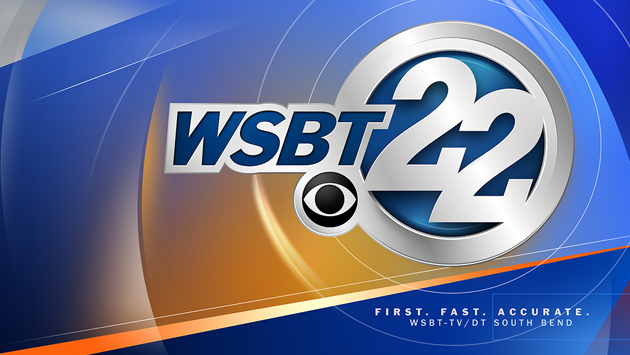Heart Screening For Teens, How Much Can It Really Show You?

SOUTH BEND — We now know what caused a New Prairie High School student's death last month. An autopsy shows 17-year-old Mark Mayfield died from a heart attack.
Mayfield was found in a school hallway near the gym, shortly after an intramural basketball game.
A pathologist said the condition would have been virtually undetectable in a general examination. Mayfield did get a heart exam and passed.
His death has many asking, if the screening didn't detect an underlying heart condition, what exam should young athletes get?
WSBT 22 spoke to a cardiologist and asked that exact question, but learned that the answer isn't always black and white.
Most athletes get a simple screening done at the physical that schools require before the start of a sport's season. Doctors listen to student's pulse and ask basic genetic history questions. These tests can find things like heart murmurs and determine whether the athlete should get another test.
Although, they can miss a lot.
The next step would be for students to get an electrocardiogram, or an EKG.
Dr. Raman Mitra, the director of cardiology for Beacon Health, said there's a lot of controversy surrounding EKG's.
"There’s a divide between the European cardiology consensus and that of the United States on whether we should be screening all athletes with an electrocardiogram. It’s a relatively inexpensive tests, it’s noninvasive, but the problem is that you’re not going to pick up all the people who may be at risk for sudden death with electrocardiogram," he said.
People like Mayfield.
There's also the issue that sometimes EKG's will pick up abnormalities that aren't actually unhealthy, and can lead to more tests and more time out of sports.
Mitra says sudden death in people under 30 is so rare, that only 1 in 200-thousand people are affected by it. That's why the United States doesn't require it for young athletes.
He said the most telling test for athletes would be an echo-cardiogram.
"Some of these abnormalities, the only way you may pick them up, is to do an echo-cardiogram," he said. "Which is an ultrasound picture of the heart, just like we do ultrasounds of babies when they're in the womb, we can do an ultrasound of the heart. That will clearly show thickening of the heart muscle, it may show abnormalities of areas, it may show valve problems of the heart,"he said.
But he said most people don't need this. He said everyone should get the basic screening just to be proactive. Normally, most people who need more extensive testing are people who show signs of a heart abnormality or have a genetic history of heart problems.
There are four symptoms of cardiac problems, shortness of breath, chest pressure, irregular heart rhythm, dizziness or passing out. Mitra said to never ignore those symptoms, no matter how young you may be.
Story Credit: http://wsbt.com/news/local/heart-screening-for-teens-how-much-can-it-really-show-you


